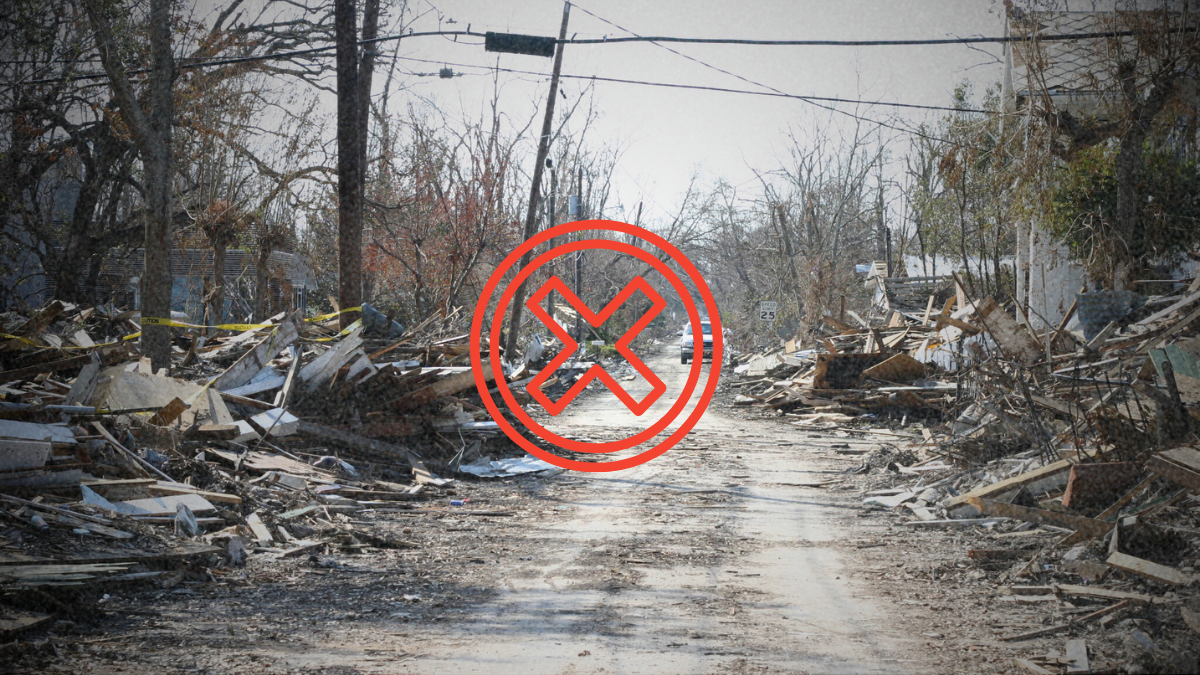Source: The New Republic
North Carolina’s Republican legislators refused to make any changes to help those impacted by Hurricane Helene vote, shooting down a bill proposed by Democrats that would have given those impacted more time to register and send ballots in.
According to The New Republic, Rep. Caleb Rudow (D-Buncombe) and Democrats in the state House filed a bill to extend North Carolina’s voter registration deadline by five days, to Oct. 16, and to allow absentee ballots three more days to arrive to ensure that residents in western North Carolina can vote. Every House Republican voted against the bill.
Democrats filed a motion to suspend the rules on the bill in the House, but every Republican voted against it, which stopped the bill from getting a final vote.
Wake County Democrat Rep. Julie von Haefen tweeted that only one Republican, Rep. Destin Hall, debated the motion and said Democrats were playing “partisan games” before indicating to his Republican colleagues that they should vote against the motion.
“I didn’t think that allowing people to vote was a partisan issue,” von Haefen said in her tweet.
Thirteen counties affected by Helene were granted a little flexibility by the state board of elections. Voters in the affected counties can request mail-in ballots in person until Nov. 4. They’ll be able to drop off their ballots at any county board of elections in the state or any of the polling locations in their county. Those ballots still must be received by 7:30 p.m. on Election Day, Nov. 5.
Just under 17% of North Carolina’s registered voters live in areas impacted by Helene, totaling more than 1.277 million people in 25 counties, according to the state board of elections. Unaffiliated voters make up the greatest percentage of registered voters with 491,098, followed by registered Republicans at 480,916. There are 293,397 registered Democrats in those counties.
Many Republicans, including Lt. Gov. Mark Robinson and Donald Trump, have been spreading disinformation about the state and federal response to Helene, including incorrect information about the storm’s impact on voting.
FEMA, the North Carolina Department of Public Safety and the North Carolina State Board of Elections have all been targets of disinformation since the hurricane devastated towns and cities in our mountains. FEMA and NCDPS have had to create “Fact vs. Rumor” websites to fight the disinformation. The harmful lies being spread by right-wing Republicans have gotten so bad that some western North Carolina-based Republicans are even speaking out and pleading with their supporters to stop spreading lies online.
If Helene-impacted Republicans have issues voting, state Republicans will need to face the painful reality that their disinformation campaign and lack of willingness to accommodate their voters are likely responsible for those problems.





